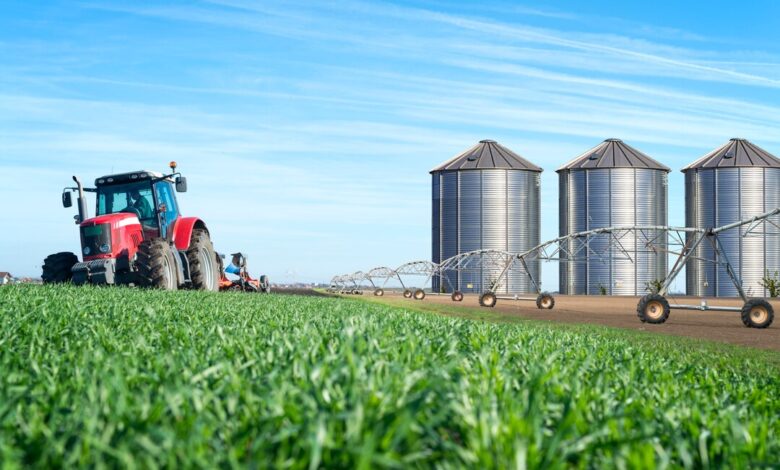Zimbabwe to Boost Grain Reserve Capacity to 1.5 Million Tonnes by 2028

Zimbabwe is taking significant steps to enhance food security by increasing its Strategic Grain Reserve (SGR) capacity from 500,000 tonnes to 1.5 million tonnes by 2028. This ambitious move is a response to the growing challenges posed by climate change, which has disrupted agricultural production and led to periodic food shortages.
To achieve this goal, the government will modernize existing silos, construct new storage facilities, and adopt advanced grain preservation technologies. Investments in infrastructure will ensure stored grain remains in optimal condition for longer periods, reducing losses and increasing availability.
A critical component of this plan is support for smallholder farmers, who play a pivotal role in Zimbabwe’s agricultural sector. The government aims to improve their access to inputs, training, and technology to boost production levels. Enhanced farmer productivity will not only fill the expanded reserves but also strengthen the country’s overall food supply chain.
This initiative aligns with Zimbabwe’s broader agricultural strategy, which focuses on creating sustainable food systems and reducing dependence on grain imports. A larger SGR will serve as a buffer against climate-induced shocks, stabilize food prices, and ensure consistent availability of staple foods.
As the nation works toward this target, Zimbabwe’s commitment to fostering resilience and sustainability in its agriculture sector underscores its dedication to securing a food-secure future for its population.




